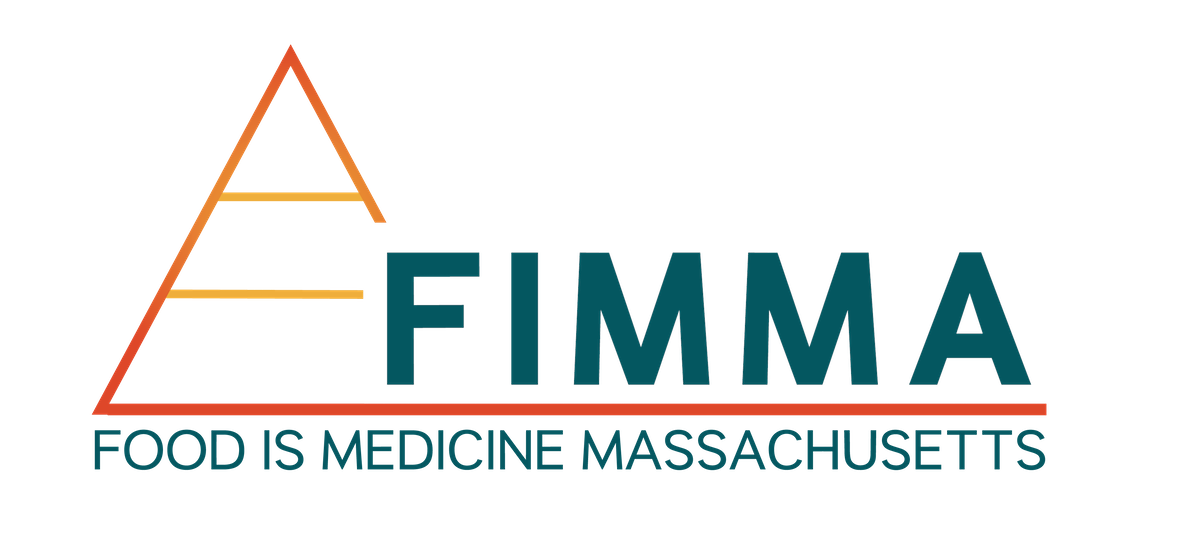By Anne Scott Livingston
The use of food to prevent and treat chronic diseases has gained attention in recent years, and many are recognizing the benefits of this approach. Members of the nutrition community have emphasized nutrition's role in healthcare, calling for the use of food as a treatment for chronic illnesses, and highlighting that nutrition should be a top priority in our healthcare system. Over the years, many coalitions have also formed at the national and state level to advocate for change such as Food is Medicine Coalition, Food is Medicine Massachusetts (FIMMA), Food is Medicine Collaborative of San Francisco, and the National Produce Prescription Collaborative.
Building on this FIM momentum, the National Institute of Health’s (NIH) recently released its 2020-2030 Strategic Plan for Nutrition Research, which incorporates a specific focus on food as medicine. This plan aims to advance nutrition research over the next 10 years and will concentrate on individualized nutrition, the link between nutrition and disease risk, and the use of FIM in clinical settings. This new strategic plan is an exciting step in the process of integrating FIM into health care, and shows federal recognition of nutrition’s importance in preventing and treating the burden of chronic diseases.
Historically, dietary guidance has typically consisted of broad recommendations assuming a one-size-fits-all approach to nutrition. The NIH’s new strategic plan advocates for Precision Nutrition, which aims to provide individualized, actionable dietary recommendations. This vision recognizes that individuals vary greatly in their personal dietary responses and linkages between diet and disease risk.
The plan outlines four main goals:
Spur Discovery and Innovation through Foundational Research- What do we eat and how does it affect us?
Investigate the Role of Dietary Patterns and Behaviors for Optimal Health- What and when should we eat?
Define the Role of Nutrition Across the Lifespan- How does what we eat promote health across our lifespan?
Reduce the Burden of Disease in Clinical Settings- How can we improve the use of food as medicine?
Additionally, the plan highlights five Cross-Cutting Research Areas relevant to the main goals: minority health and health disparities, health of women, rigor and reproducibility, data science, systems science and artificial intelligence and training the nutrition science workforce.
National Institutes of Health
Continued research has shown the power of good nutrition to both prevent and treat diseases, and scaling this to an individual level provides an opportunity to further optimize health. The NIH’s focus on the use of food as medicine is just one of several recent developments that highlight the growing interest in FIM. Other initiatives focused on enhancing and expanding FIM include the Federal MTM Bill, the California Pilot, and the Massachusetts Food and Health Pilot. The NIH’s aim to accelerate research on FIM recognizes the power of food in healthcare and is another important and exciting step in expanding the use of food as medicine.

